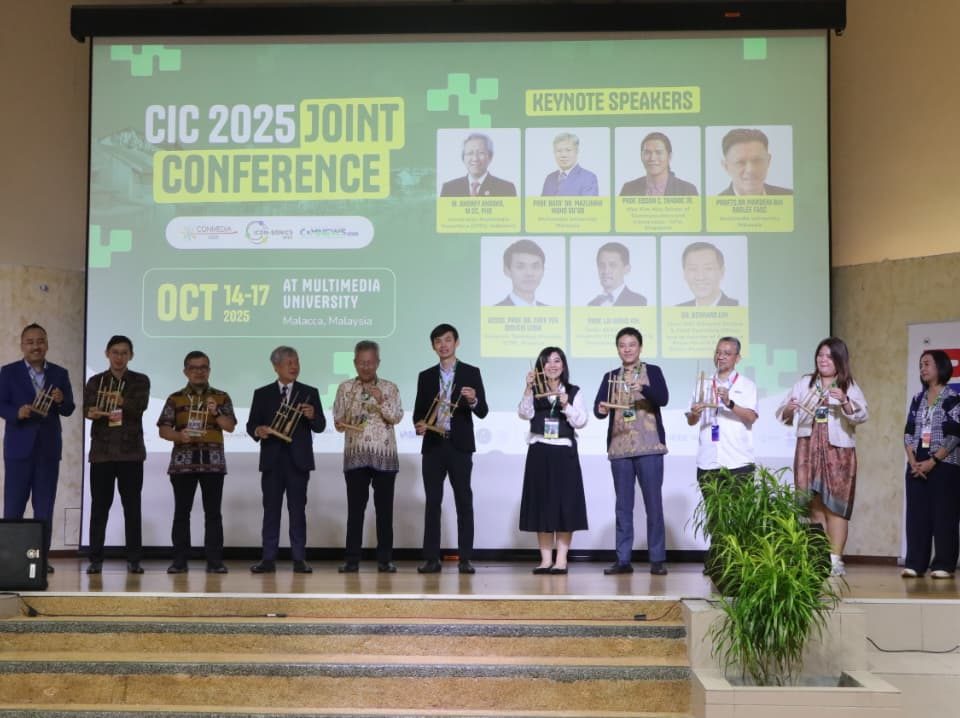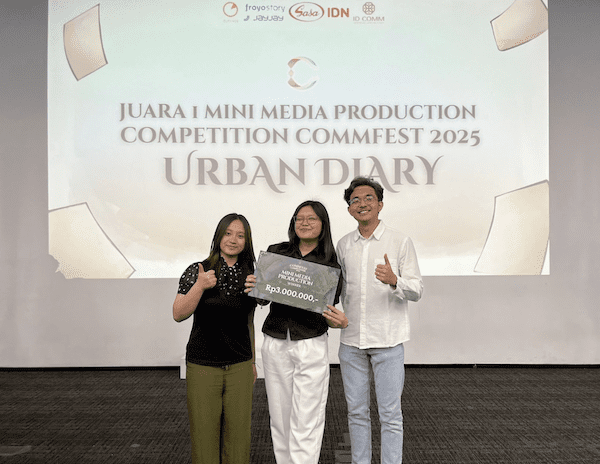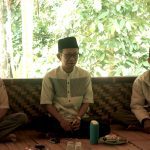
Economy Ready to be Driven: Community Supports Revitalization of Ki Haji’s Dungus Forest
November 10, 2024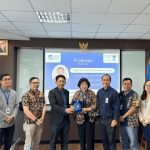
Prof. Dr. Muhammad Imran Ahmad’s Visit to UMN
November 24, 2024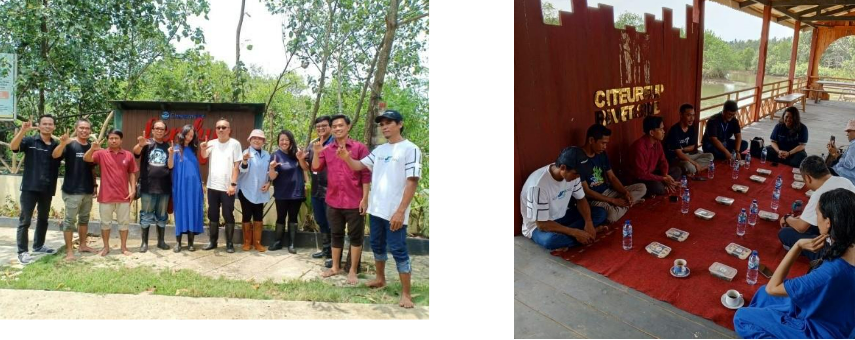
(Doc. UMN, 2024)
Tangerang – Universities can make powerful changes beyond campus, and the collaboration between Universitas Multimedia Nusantara (UMN) in Indonesia and Multimedia University (MMU) in Malaysia is a great example. In October 2024, they launched an international community outreach program in Lembur Mangrove Patikang, Pandeglang, Banten, a site known for its rich coastal ecosystems. This initiative directly supports Clean Water and Sanitation by focusing on the restoration and protection of mangrove forests, which act as natural water purifiers. Mangroves filter pollutants from runoff, improve water quality, and prevent sedimentation that can clog rivers and estuaries, all of which are vital for maintaining clean, safe, and accessible water sources for local communities.
Beyond environmental protection, the project promotes sustainable eco-tourism and community empowerment, linking ecological health with long-term economic benefits. By safeguarding coastal areas, the team helps reduce flooding and erosion — risks that can contaminate freshwater supplies and threaten sanitation systems. Through education, awareness campaigns, and joint planning, UMN and MMU are building local capacity to manage water resources responsibly and sustainably.
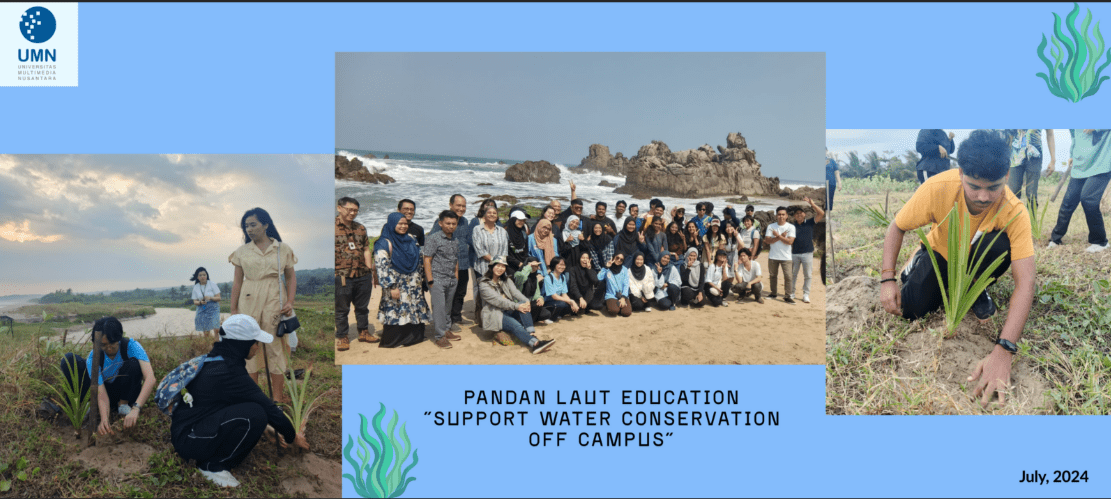
In July 2024, UMN’s lecturers and students conducted a community engagement program at SMAN 1 Panggarangan, Banten, educating students on the importance of Pandan Laut as a natural green belt for tsunami mitigation. Beyond disaster risk reduction, Pandan Laut plays a vital role in stabilizing coastal ecosystems, reducing erosion, filtering seawater intrusion, and supporting the preservation of groundwater quality in nearby communities.
Through this initiative, UMN extends its sustainability impact beyond campus by raising awareness of natural solutions to water-related challenges in vulnerable coastal areas. This effort directly supports the “Support water conservation off campus” indicator by empowering local communities to protect and restore green coastal buffers that regulate water naturally and help build long-term climate resilience.
This real-world action shows how universities can support SDG 6 not just with research, but with on-the-ground, community-driven solutions that improve both water quality and livelihoods — far beyond campus grounds.
Kuliah di Jakarta untuk jurusan program studi Informatika| Sistem Informasi | Teknik Komputer | Teknik Elektro | Teknik Fisika | Akuntansi | Manajemen| Komunikasi Strategis | Jurnalistik | Desain Komunikasi Visual | Film dan Animasi | Arsitektur | D3 Perhotelan , di Universitas Multimedia Nusantara.

